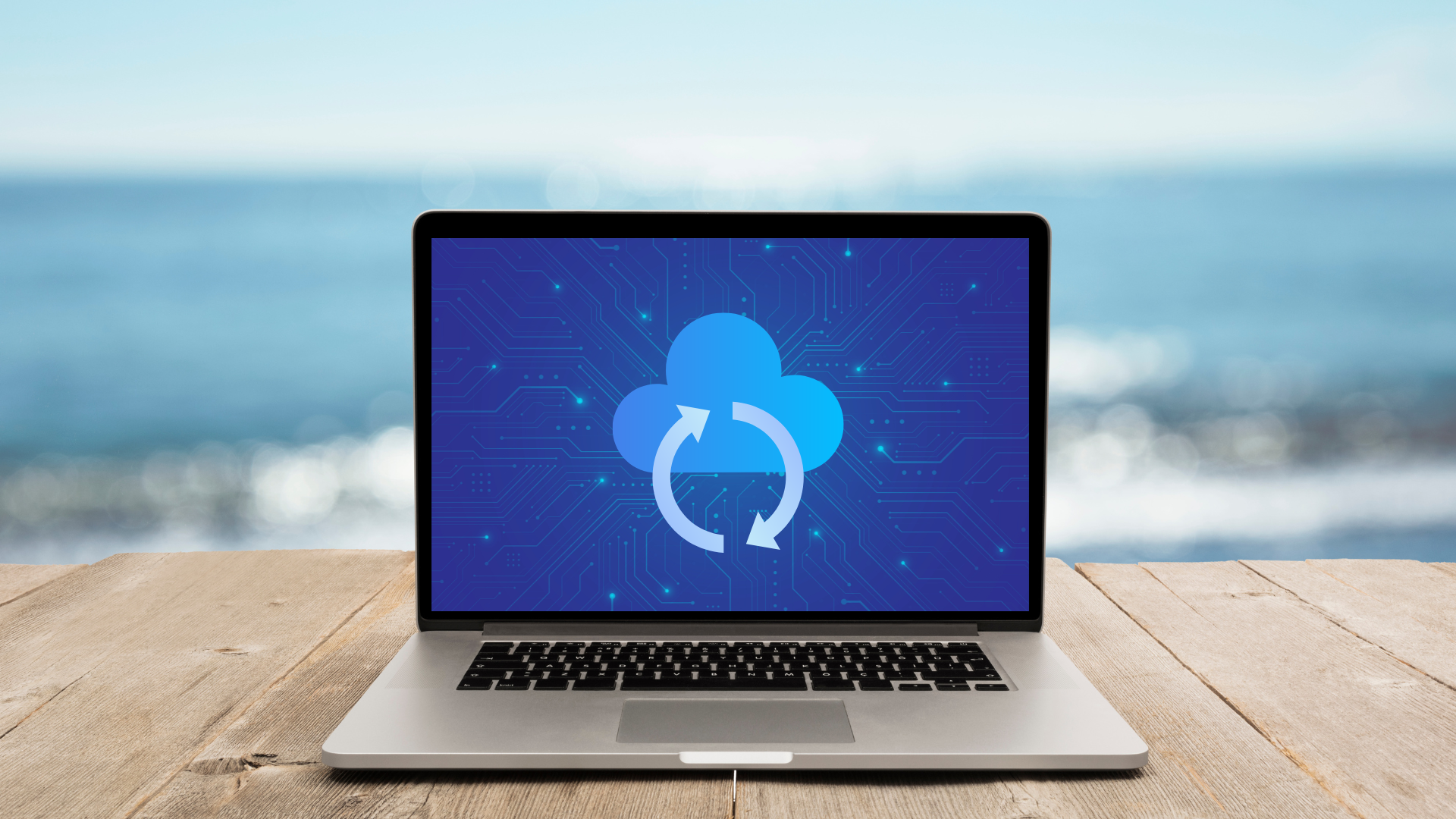What’s the Worst Thing That Happened on the Internet in 2021?
Let’s get one thing clear; there are several reasons why the internet isn’t a mistake. It is arguably one of the most powerful tools ever invented – it is a reliable platform where businesses and individuals can access vital information that promotes knowledge.
The internet cuts across various aspects of human life and the business realm. Some of the benefits that we have gained from it include:
- Rapid dissemination of information and connectivity: You can access emails easily or leverage chat and VOIP to share different media with people all over the world.
- It promotes knowledge acquisition and learning: You can access information on various topics from the internet at any time by performing searches on search engines like Google Chrome, DuckDuckGo, and Bing.
- It has opened up new business opportunities: You can create business websites and eCommerce stores where you can sell, advertise or market your products 24/7.
But the big question is, what are the worst things to happen on the internet? Continue reading to find out.

The Worst Things to Happen on the Internet
Whereas the internet has numerous benefits, it also has its downsides. Here’s a look at some of them:
1. Disinformation
The internet started out as a beacon of information sharing that enabled people to pull out and absorb so much information than they could ever have thought of getting from news outlets, textbooks, etc. It was mostly unfiltered by those delivering information traditionally. As such, you could see multiple sides of a story.
Today, there are disinformation floods that often drown out solid facts. It is a disturbing trend given how much we depend on the internet for information. While we are better off sharing information than without, it is important that you be diligent and fact-check the content being pushed around before trusting it.
2. Increased Overdependence on It
People have become increasingly overdependent on the internet. This is disadvantageous to most businesses, especially those that rely on cloud-based CDNs (content distribution networks). While CDNs ensure reliable, high-quality, and rapid content and data delivery channels, overdependence on these solutions has reduced our capacity to respond to any issues that may bring forth disruptions.
Major Disruptions experienced by leading CDN providers have resulted in problems among various backbone providers. For instance, in December 2021, AWS (Amazon Web Services) went down, causing a disruption in nearly half of the country’s online business world. Currently, the Turnstiles, Food ordering at Walt Disney World, and Azure are experiencing issues that have resulted in these businesses losing revenue-generation opportunities.
3. Security-Related Issues
This is one of the more serious bad things to come out of the internet. Security-related issues have become commonplace, given the constant connectivity provided by the internet. To curb this risk, businesses have been forced to hire cybersecurity professionals to protect the data stored on their computer systems.
Security-related issues are not restricted to businesses only. It also poses a threat to individuals, given that they store vital personal data on their smart devices. Most of these threats are motivated by money. They include ransomware, social engineering attacks, password attacks, and data phishing.
4. Social Media and the Spreading of False Information
Social media and how quickly unverified information is spread through these platforms is, hands down, one of the worst things to happen because of the internet.
We often get unfiltered, sensitive information on social media first. This information is usually shared across the world in a matter of minutes, whether or not it is verified. This creates a loophole for adversaries to spread false information using fake accounts, trolls, bots, and big data.
There have been cases of flagrant censorship such as Twitter account deletions and Facebook jail that have drastically eroded freedom of speech in the US. Moreover, there have also been cases of the use of algorithms designed to spread negative political agendas. Cyberbullying on various social media platforms has also been on the rise.
5. Suppression of Communication
Today, access to information isn’t as free as it used to be. Nations and tech companies have been blocking the public from accessing some content.
Early in July, Cuba went offline for more than 30 minutes after the government blocked VPNs and major communication apps due to widespread protests against the health crisis and economic meltdown. Cuban citizens weren’t able to communicate via Telegram, WhatsApp, and Signal.
In March 2020, the Russian government threatened to limit Facebook, Twitter, and Google, if these companies failed to adhere to its regulations. As a result of these companies’ failure to meet Russia’s demands, users were barred from accessing and sharing information on these sites.
6. Tech Companies Experiencing Outages
There have been three major outages by tech companies. First, Facebook, which is one of the biggest social media platforms, had a crash on October 4, which brought crippled communication access for more than five hours.
Another internet outage happened in December 2021 when AWS (Amazon Web Services) experienced three shutdowns. During these outages, numerous services failed, including Venmo, Disney+, and McDonalds. This led to the halting of their eCommerce and revenue-generating opportunities.
These websites and apps share something that apparently affects them. They all rely on AWS for data storage and/or the provision of computing power. AWS is Amazon’s business that deals with cloud computing. It is one of the biggest businesses of its kind (it is closely followed by Google Cloud and Microsoft Azure). So when it breaks, pretty much everything breaks too.
With more services and data moving online amidst the rapidly growing network of computer hubs across the US and globally, problems will arise because of mechanical failure and other glitches – or worse, from threat actors such as ransomware purveyors and hackers.
We Can Help You Handle These Internet-Related Issues
Some of the best ways of dealing with internet issues is by having a backup plan and putting in place sound cybersecurity measures. Are you looking for IT services to help you better deal with internet-related issues? Contact V&C Solutions today. We are a company that provides expert IT services and gives you the right tools to fuel your business growth and profitability.
Thanks to our friends at Orbis Solutions in Las Vegas for their help with this research. Discover more about Orbis here.




